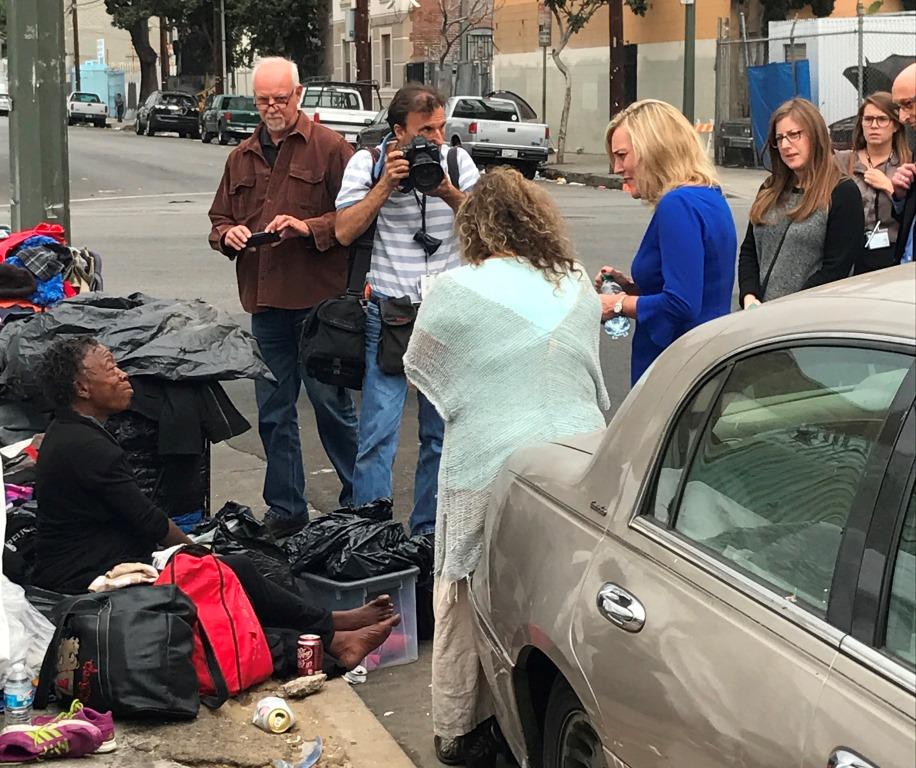On a 4-1 vote, with Supervisor Kuehl voting no, the Board of Supervisors approved a motion by Supervisors Kathryn Barger and Hilda Solis instructing the Department of Mental Health and County Counsel to develop recommendations for legislative proposals that would consider an individual’s inability to provide and/or access urgently needed medical care due to a mental disorder as part of the criteria for grave disability. The Department of Mental Health was instructed work with mental health advocacy groups, civil rights organizations, and other stakeholders as part of this effort.
“Our current mental health laws are a one-size-fits-all approach to mental illness which makes it nearly impossible to address the needs of the growing statistic of the mentally ill among the homeless population and in our jails,” said Supervisor Barger. “State law should consider medical complexities in the context of mental illness, thereby allowing for the delivery of more effective treatment and care.”
Currently state law defines grave disability as a condition in which a person, as a result of a mental disorder, is unable to provide for their basic personal needs which includes food, clothing or shelter. There are individuals in dire need of health and/or mental health care to the point where their lives are in jeopardy, yet they refuse care because of a lack of self-awareness to their own condition. This change would allow for the urgent medical needs of an individual to be considered when determining their need for treatment.
Several mental health professionals and advocates attended the Board meeting to voice support for Barger’s motion including Dr. Susan Patrovi, Medical Director of Homeless Healthcare LA and Brittney Weissman, Executive Director of NAMI Los Angeles County Council. Further, Los Angeles City Councilmember David Ryu provided a letter of support to the Board that was read in by his Chief of Staff, Sarah Dusseault.
“This is a concept that needs to be thoughtfully considered and inclusive of mental health professionals, advocacy groups, and civil rights organizations to ensure a collaborative approach,” Barger added. “Together, we can find an effective approach to this crisis that will help deliver lifesaving treatment and care for those desperately in need.”


